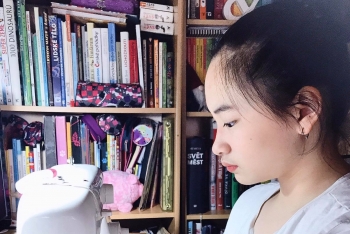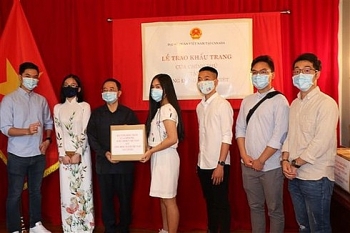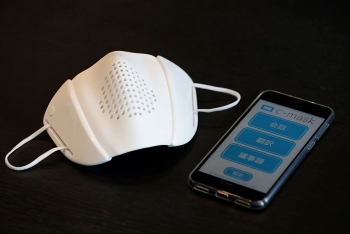Study figures out the most effective non-medical face mask for COVID-19 prevention
Different types of masks offer different levels of protection. Surgical grade N95 respirators offer the highest level of protection against Covid-19 infection, followed by surgical grade masks. Nevertheless, these masks are costly, in limited supply, contribute to landfill waste, and are uncomfortable to wear for long periods. So even countries that have required the public to wear face masks have generally suggested such masks should be reserved for health workers or those at high risk of infections.
As reported by the Guardian, household material masks best-removed particles of 0.3-1.0 microns in diameter, the typical size of viruses, and bacteria. However, what kind of DIY face-covering offers the best protection?
Researchers at Florida Atlantic University compared a loosely folded homemade face mask, such as the one you could make with a handkerchief or T-shirt, a bandana-style face covering, and a cone-style non-sterile commercial mask that is usually available at pharmacies. They chose to test these styles of face-covering as they are readily available to the general public and do not draw away from the supply of medical-grade masks and respirators for health care workers, according to CNN.
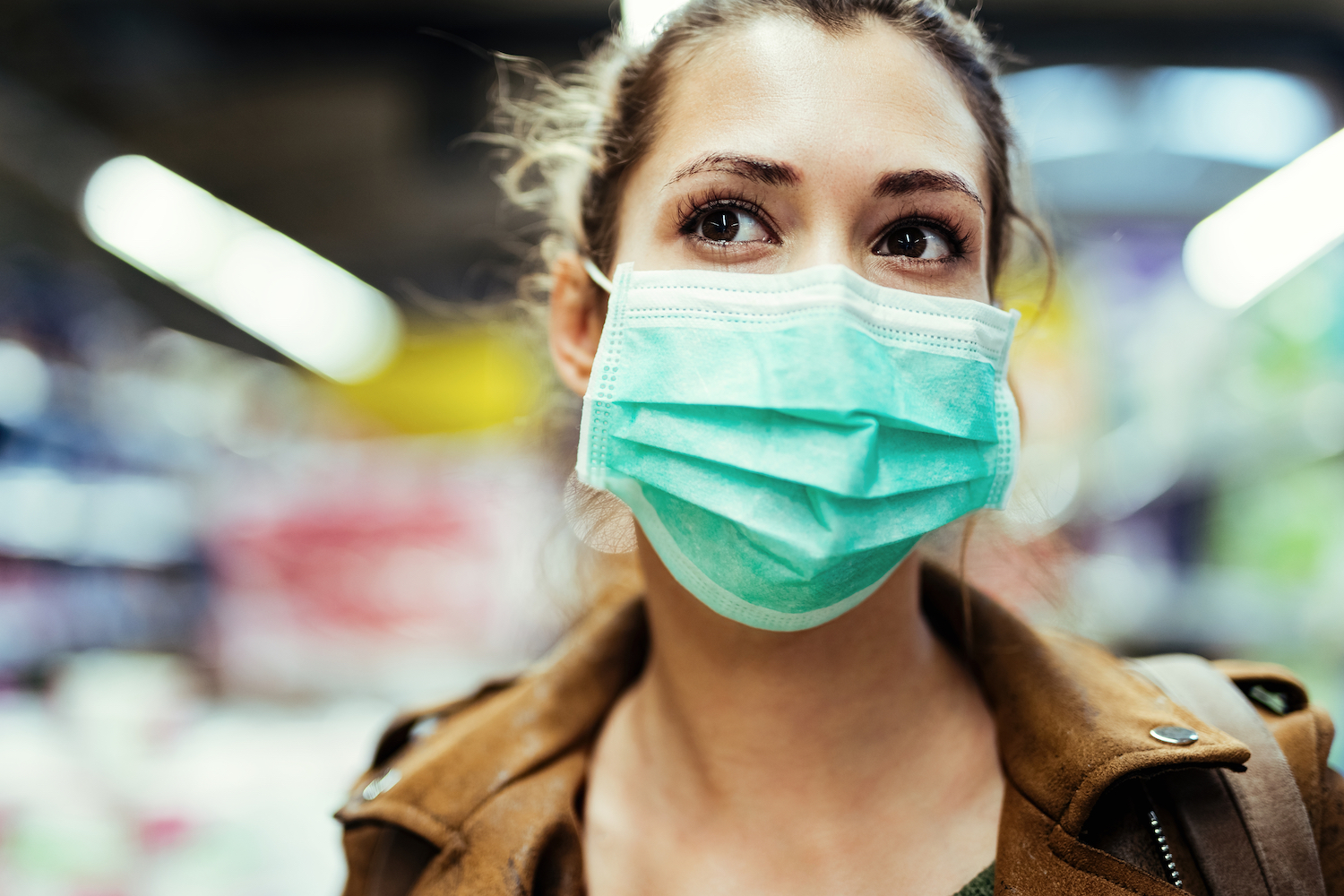 |
| Face mask Photo: NY Daily News |
They also used a mannequin head, a manual pump, and a smoke generator to approximate a human sneeze. Then, they used a laser to detect droplets as they were coughed and sneezed out of the mannequin's head and mapped the paths of droplets and examined how different designs and materials alter that path.
According to Mercury News, the results of the study in detecting the most effective non-medical face mask for COVID-19 prevention as follows:
Uncovered: Droplets traveled more than 8 feet. By 12 feet, most droplets had fallen to the ground.
Bandana covering the nose and mouth but loose at the bottom: 3 feet.
Handkerchief or square from a T-shirt, loosely folded and secured over the ears with rubber bands: 15 inches.
Cone-style non-sterile commercial mask: 8 inches.
Stitched mask, closely fitted, with two layers of quilting fabric and elastic loops or cloth ties: 2½ inches.
So, the stitched-quilting fabric masks were the most effective and the bandana was the least effective.
"We found that although the unobstructed turbulent jets were observed to travel up to 12 feet, a large majority of the ejected droplets fell to the ground by this point," said Manhar Dhanak, a professor at Florida Atlantic University's department of ocean and mechanical engineering and co-author of the study.
"Importantly, both the number and concentration of the droplets will decrease with increasing distance, which is the fundamental rationale behind social-distancing."
According to Linsey Marr, an engineering professor at Virginia Tech with expertise in the airborne transmission of viruses, “the study demonstrated that simulated coughs travel more than 1-2 meters but that good quality cloth face coverings can greatly reduce this distance." "These types of experiments are useful to help visualize how droplets travel in the air and how effective masks can be, especially for the general public," Marr added.
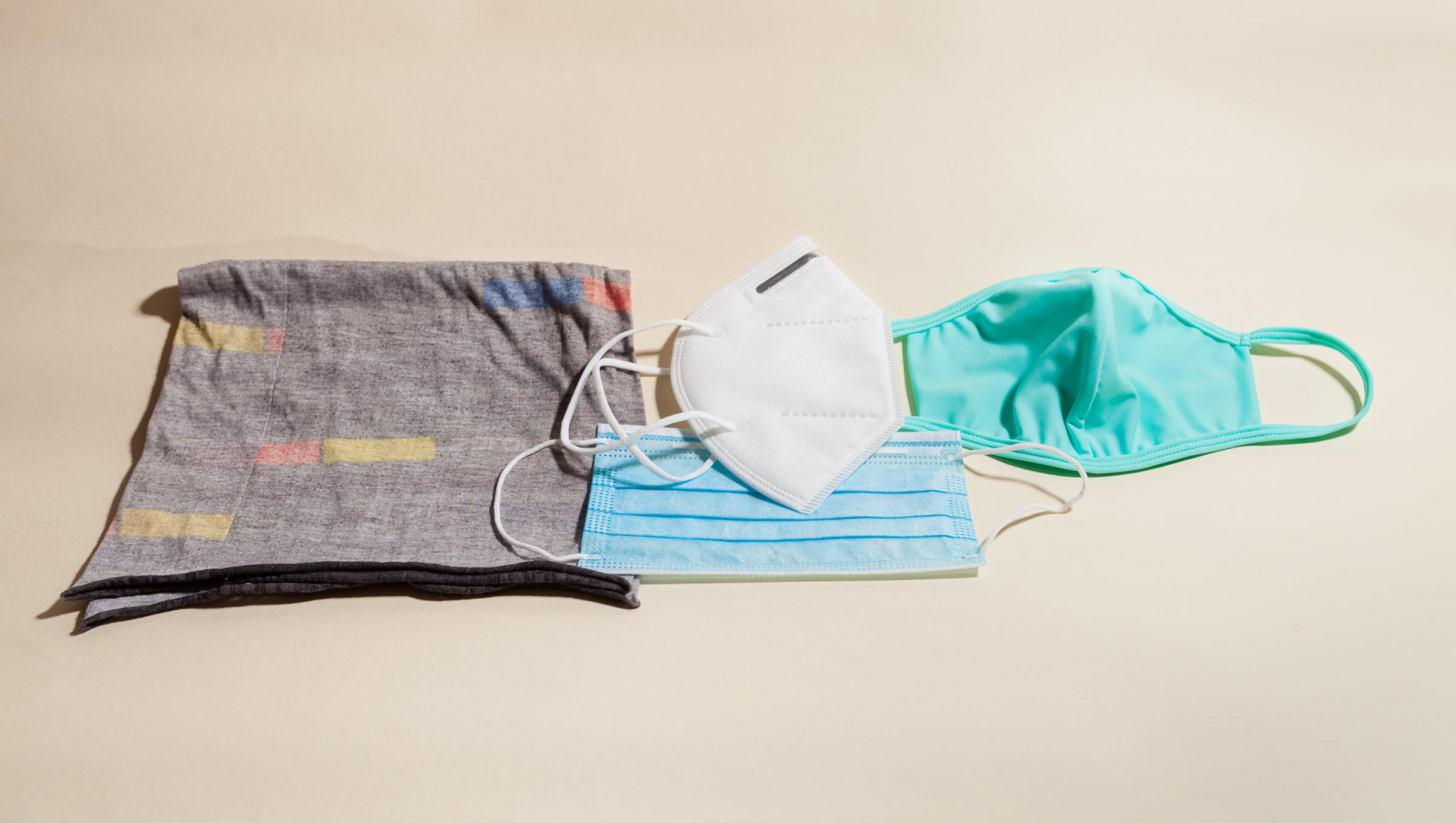 |
| Left to right: a neck gaiter (aka a buff) that slips over the head; a KN95 respirator, a version of the N95 respirator used in U.S. hospitals; a pleated surgical mask (below the KN95); a cloth mask. Photo illustration by Max Posner/NPR |
Scientists at Florida Atlantic University hope that their studies can help health care professionals, medical researchers and manufacturers assess the effectiveness of face masks.
This research helps explain why organizations like the WHO and the CDC recommend masks in settings where social distancing is not maintained. The World Health Organization says governments should encourage people to wear non-medical, fabric masks, especially in settings where physical distancing of at least 1 meter is not possible -- such as on public transport, in shops, or in other crowded places.
The WHO also recommends cleaning your hands before touching a mask, making sure it's not too loose and covers the mouth and nose. It says you should store it in a clean bag if you plan to reuse it and wash it every day with soap and hot water, informed by CNN.
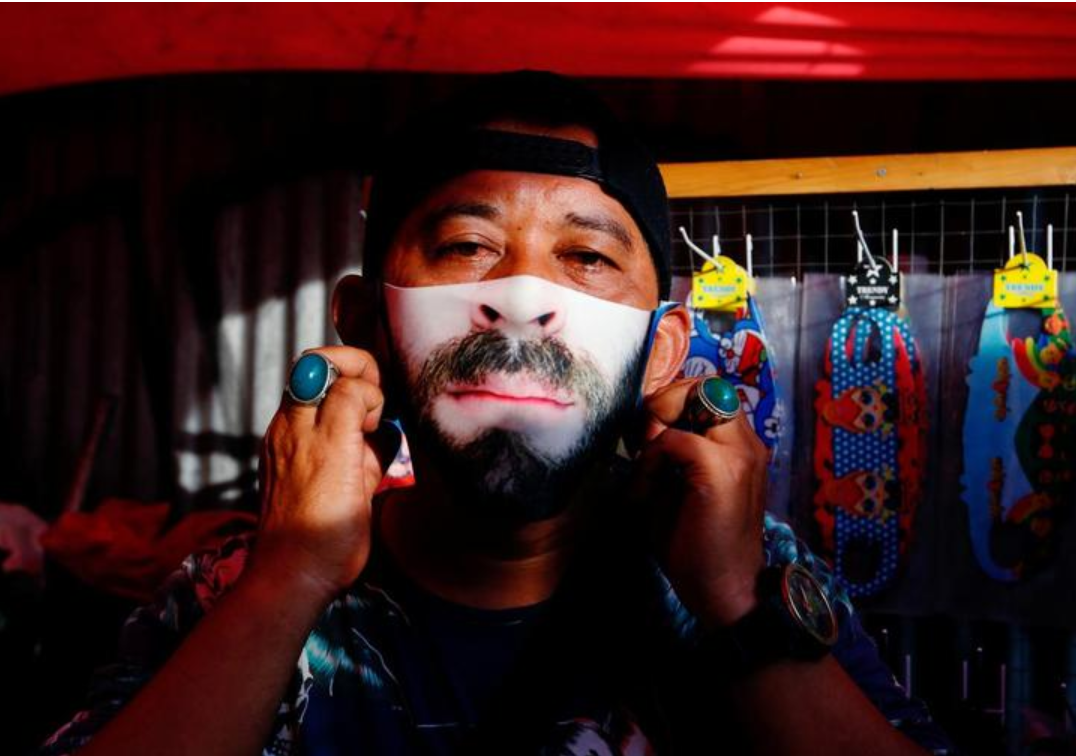 | Fashion masks: New trend, new style for the pandemic time With no sign of the global coronavirus threat easing anytime soon, protective masks are fast becoming fashion accessories for Asian countries keen to add some ... |
 | Vietnamese businesswoman donates 300,000 masks to German people On June 24, German Consulate in Ho Chi Minh City associated with the German Industry and Commerce in Vietnam (GIC/AHK) and representative of Mrs. Do ... |
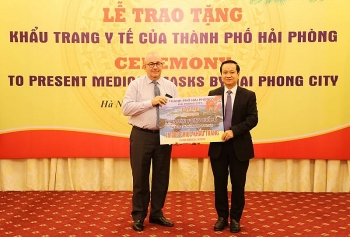 | Hai Phong city donates one million masks to aid global coronavirus response In the morning of June 24, in Hanoi, Hai Phong City People's Committee in collaboration with the Ministry of Foreign Affairs held a ceremony to ... |
Recommended
 World
World
Pakistan NCRC report explores emerging child rights issues
 World
World
"India has right to defend herself against terror," says German Foreign Minister, endorses Op Sindoor
 World
World
‘We stand with India’: Japan, UAE back New Delhi over its global outreach against terror
 World
World
'Action Was Entirely Justifiable': Former US NSA John Bolton Backs India's Right After Pahalgam Attack
Popular article
 World
World
US, China Conclude Trade Talks with Positive Outcome
 World
World
Nifty, Sensex jumped more than 2% in opening as India-Pakistan tensions ease
 World
World
Easing of US-China Tariffs: Markets React Positively, Experts Remain Cautious
 World
World

